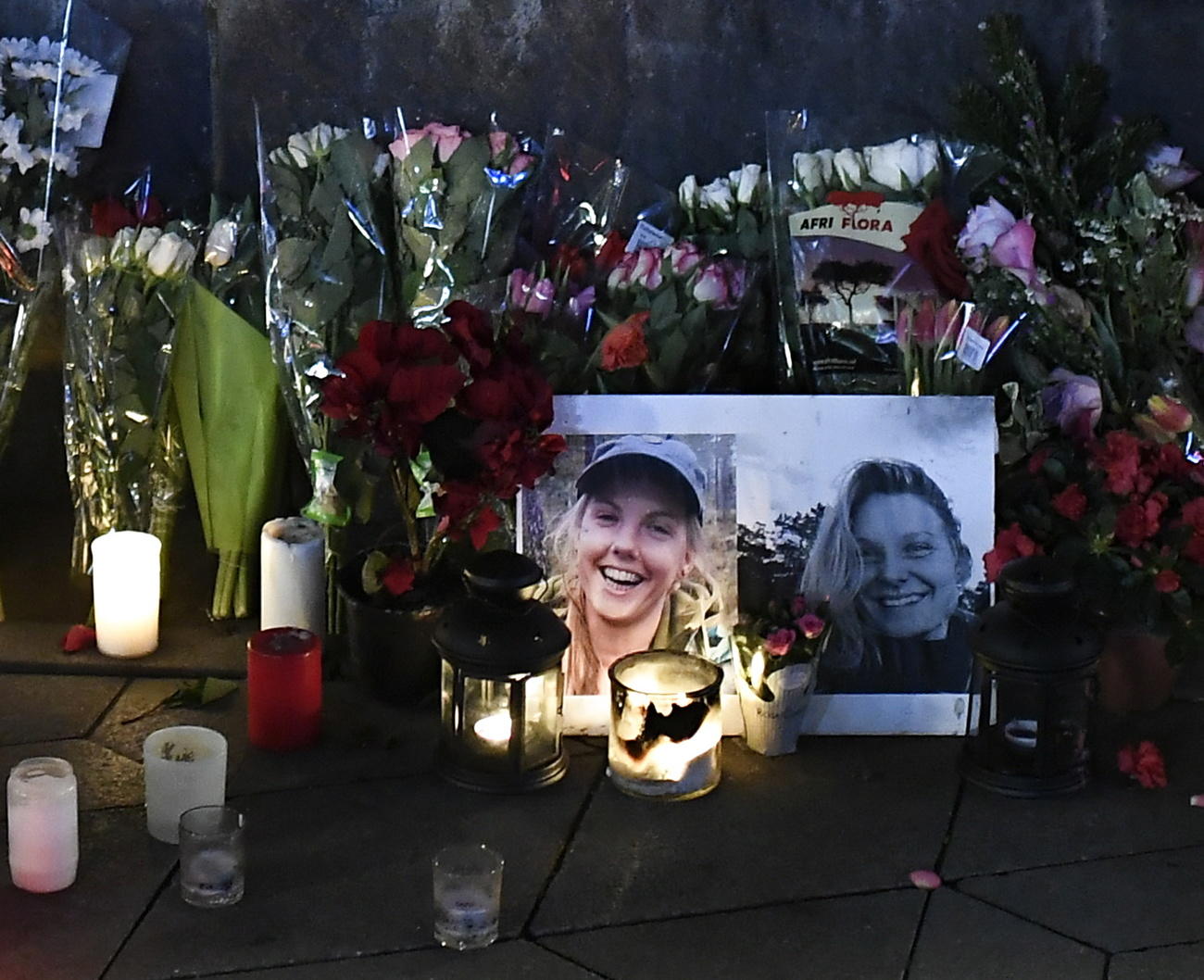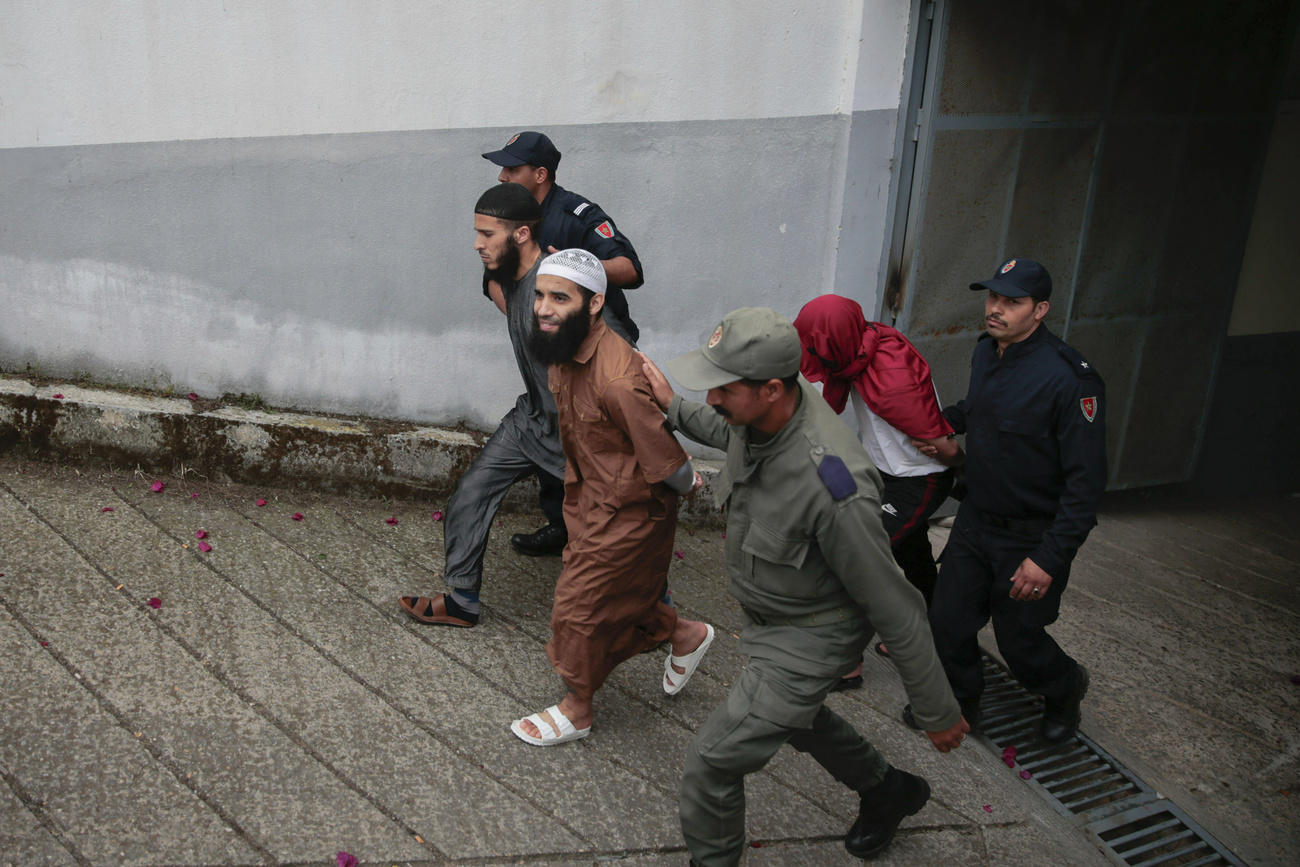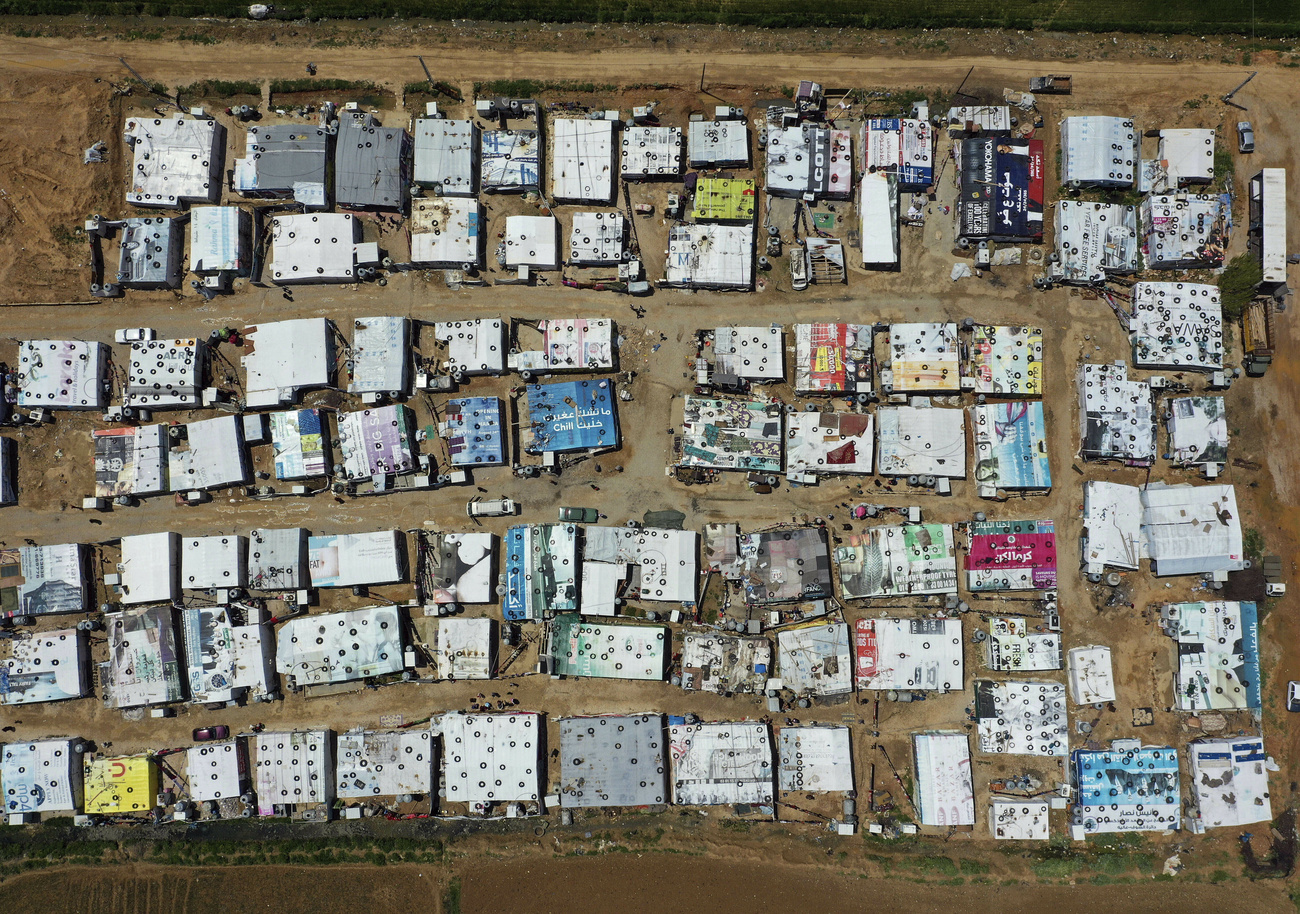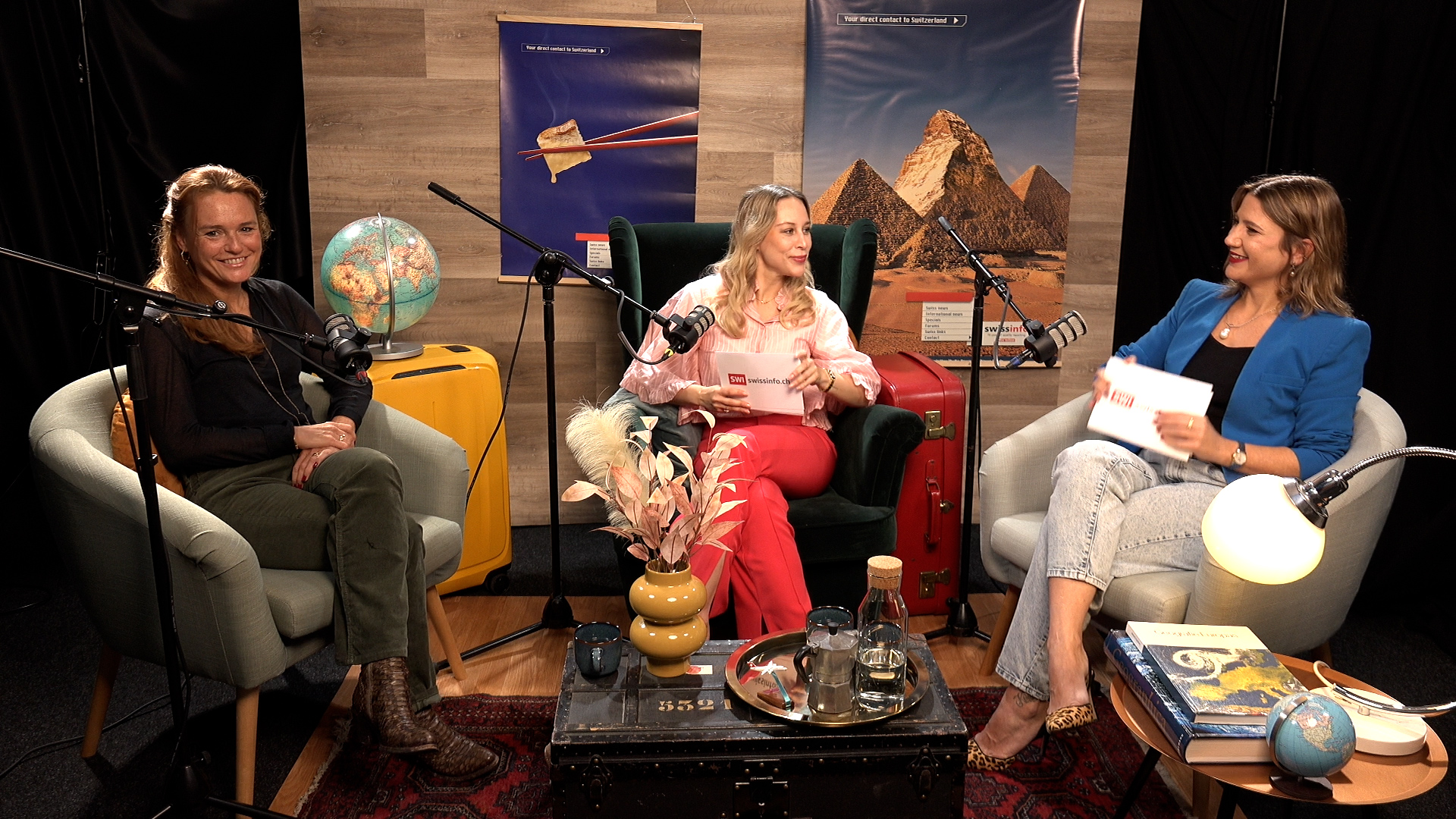
Over 300 terror suspects refused entry to Switzerland

The Federal Office of Police (Fedpol) imposed 331 entry bans on people with suspected terrorist links during the 2016-2018 period, the government said on Thursday.
Fedpol also expelled 19 people for terror links over this period, the Federal Council said in response to a question by the Zurich People’s Party parliamentarian Barbara Steinemann.
She had asked for details on the case of two Swiss citizens who were accused of playing a role in the beheadings of two Scandinavian tourists last year in southern Morocco.
At the end of October, a Morocco court upheld a 20-year sentence against a Swiss-Spanish citizen, who was suspected of being part of an operation to recruit people to commit terrorist acts in Morocco. Earlier in October a second Swiss citizen had his sentence reduced from ten to five years by the Moroccan judiciary. He had been convicted in April on three counts: participation in a terrorist act, supporting terrorism, and withholding information relating to a crime.
The Federal Council refused to comment on these cases. However, it recalled that the State Secretariat for Migration (SEM) may withdraw their Swiss nationality and the right to cantonal and communal citizenship. Fedpol may also issue an expulsion or entry ban against the two men.
Under Swiss law, membership of the Al-Qaeda and Islamic State (IS) jihadist groups is a punishable offence.
Latest figures by the Federal Intelligence Service from May show that 92 jihadist “travellersExternal link” have left Switzerland for conflict areas since 2001, of whom 77 have gone to Syria and Iraq. Of these, 31 have been confirmed killed and 16 have returned to Switzerland.
There are currently about 20 suspected jihadists – men, women and minors – with Swiss passports, some of them in custody of non-state powers in Syria and Iraq. Switzerland is among many European countries which are under pressure to repatriate their nationals arrested in Syria.
The Swiss government has rejected calls to actively repatriate Islamic militants with Swiss nationality from Syria or Iraq. The Swiss authorities want the jihadists to be tried under international legal standards in the country where they committed their crimes.

More
ISIS killings: Moroccan court upholds 20-year sentence for Swiss national

In compliance with the JTI standards
More: SWI swissinfo.ch certified by the Journalism Trust Initiative































You can find an overview of ongoing debates with our journalists here . Please join us!
If you want to start a conversation about a topic raised in this article or want to report factual errors, email us at english@swissinfo.ch.